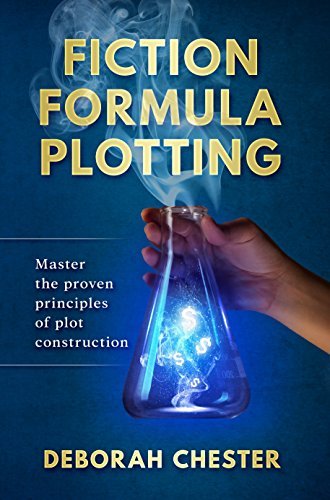2 1/2 stars. It's not world shaking, nor is it bad. Mostly it's unintentionally hilarious - the author is talking along in normal 'teacher' voice, then all of a sudden she devolves into these mad rants.
Like, she is totally passionate about these points. If you were with her in real life, she'd be pounding her fists on the coffee table.
So here are some things you MUST NOT DO: Have more than one protagonist. A story is only a story if it has a single main character and everyone else is a sidekick. PARTICULARLY do not have two main characters with switching pov's, with one a boy and one a girl. These sorts of books are popular only because of some politically correct bullshit, and must die a firey death. (If you are writing a story like this, I'm sorry, you're only doing it because you feel you must, for the sake of 'equality', and you are a pitiful, misguided thing. Sorry to be the one who had, via Deborah, to let you know).
Also you must break your book's main plot and all of its subplots down into having five categories for each of them. You cannot skimp on any of the categories. There absolutely must be an opponent. Man vs Nature is no longer a category of fiction, it is only Man vs Man and the other man must be specifically chosen at every time.
I can't recall if that point above was linked directly to her rant at the end about how everyone nowadays gets participation trophies and no-one knows how to compete, which is what is bringing about the failure of civilisation. But it's under an umbrella in my head - compete, dudes. You have to always be fighting someone. Or you're an apathetic loser.
She also mentions that people nowadays are so exposed to stories that they see your endings coming a mile away. But doesn't connect that fact in any way to overly didactic writing instructors hammering on formulas and saying all the things you must do. Clearly the correct answer is to make your scenarios even more extreme while fitting exactly the same mould. How did you not know that, reader? It's so obvious now she's benevolently pointed it out.
Aaaanyway, none of her 'points' actually clips on any of the stories I'm writing, but her strident and self-righteous tones surely did raise my eyebrows.

